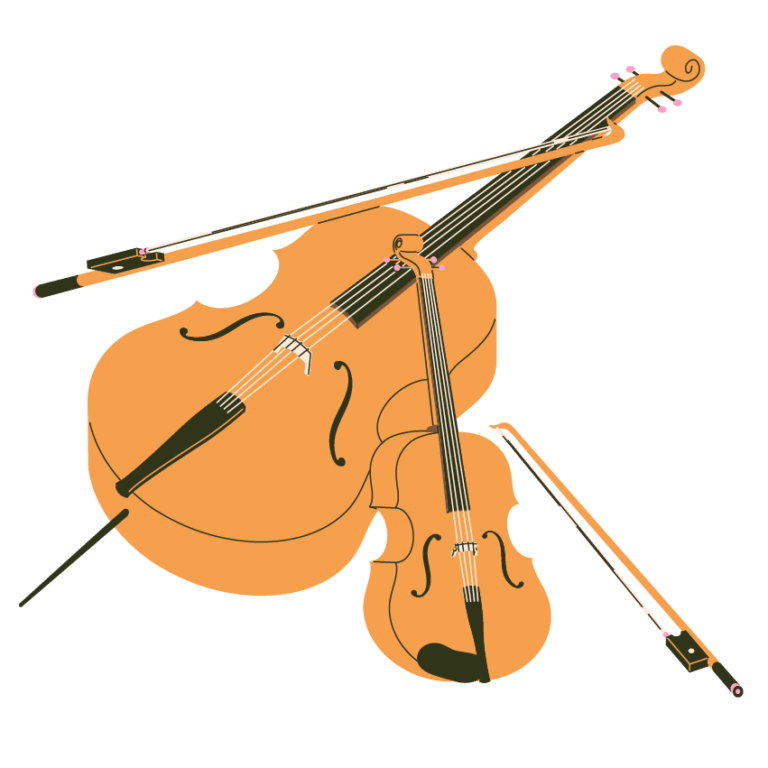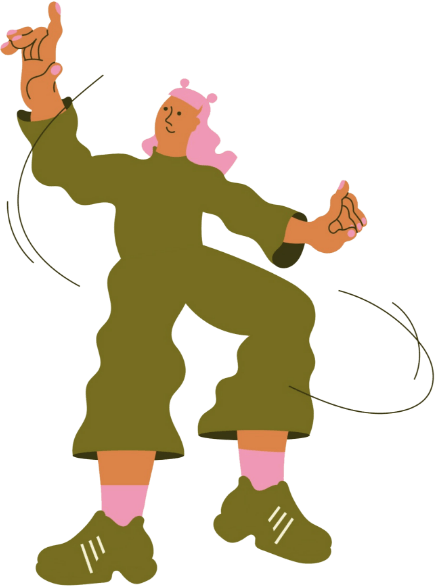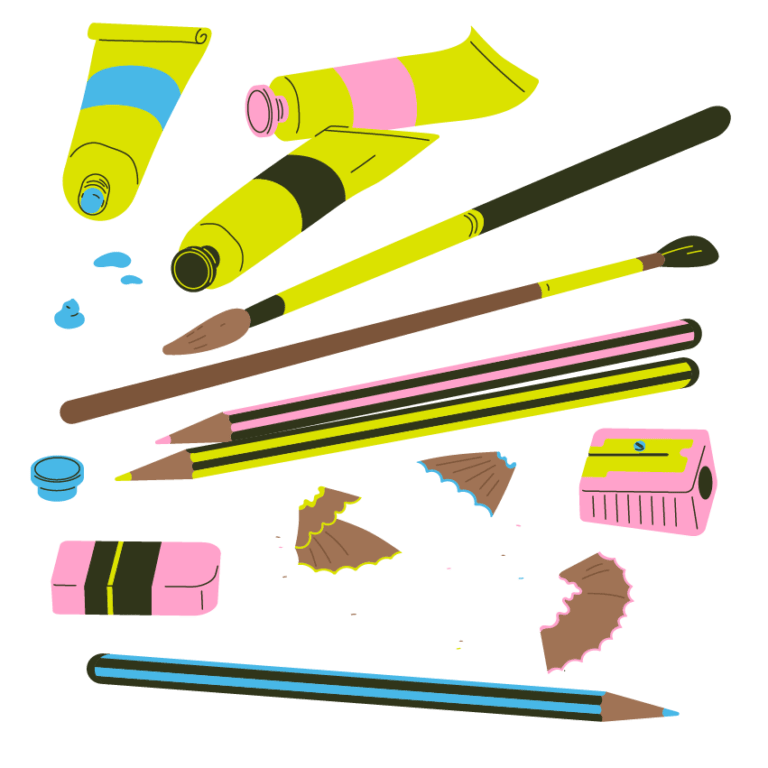This project sought to expand access to Licketyspit’s highly effective “Porridge and Play” model, by establishing new Porridge & Play Family Hubs in Glasgow’s Castlemilk and EastEnd (Cranhill & Bridgeton). Porridge & Play (P&P) has demonstrated great success integrating groups of refugee and non-refugee families in P&P Hubs in Glasgow’s Ruchill, Whiteinch, Gorbals, Milton, Easterhouse and Govan.
Licketyspit Limited (Porridge & Play Castlemilk and Porridge & Play East End)

Key Information
Our project aimed to deliver the following key objectives:
- Boost integration of refugee families in the East end and Castlemilk areas of Glasgow and tackle social isolation
- Improve childrens’ and parents’ language and social skills and build their confidence and emotional resilience
- Raise children’s status and visibility in their communities and increase understanding and practice of children’s rights
- Extend the impact of Licketyspit’s Storyplay approach
We crafted four new Storyplay sessions to enable participants’ to share homes, backgrounds and play culture. We played adapted versions of the Storyplay games to explore our participants’ thoughts, experiences and ideas, and facilitate a sharing of lived experience. Our Flying Balloons Game took us to each other’s houses where we sat in imaginary kitchens, met pets and cooked food! Children used Storyplay hotseating to interview parents, parents investigated children’s non-Licketyspit play. All presented their discoveries to the group with pride.
Annotated reflective drawings and The Lickety Art Gallery enabled us to record and transcribe what was shared in these sessions (with permission) and feed it into the creation of the first AllScot Playcards. There is more material within this which we plan to unpack at a later date to create an accompanying booklet to go with the new playcards, telling the stories of the families who shared them – e.g. where and who the parents used to play with. The session plans for this part of the project could be shared and used by others to support refugee integration.
Key Information
Partnership
Indigo, Church House, Cassiltoun Housing Association, Eastend Empowering Stars, Cranhill Development Trust
Geographical reach
Glasgow
Dates
06/09/2021 – 10/10/2022
Target Groups
Families from Pakistan, Nigeria, India, Sudan, Egypt, Iran, Kurdistan, Albania, China and South Africa, Gambia, Somalia and Ghana, as well as New Scots from Poland.
Project Type
Spreading good practice
Background
Porridge & Play was developed in response to families with 3-8 year olds living in areas with high levels of poverty and the disadvantages frequently experienced in connection with this in relation to education, child development, participation in the arts and confidence, amongst others. The influx and continuing engagement of refugees and migrants into Porridge & Play in Ruchill, Gorbals and Whiteinch shows refugee families identify this activity as something they need. Successful integration of established local and New Scot families at previous Porridge & Plays demonstrates the need for this work and to share this approach with other organisations supporting refugees.
During consultations, refugee parents describe their need for structured fun, relaxed play children and guardians can enjoy in together, in a welcoming, safe space, where their lived realities are acknowledged and valued. Experiences of racism in these communities further underlines the need for this work.
Partner organisations have also described the need for this work. Church House in Bridgeton told us a local health visitor has identified a high number of asylum seeking families in the area who need activities to support their wellbeing and mental health. Indigo in Castlemilk say they are rarely able to engage parents and carers in activities. Cassiltoun has a large number of volunteer parents (50% refugees) seeking empowering experiences and connection.
Involvement of New Scots in project
These communities were partly selected because Licketyspit had been engaging through Porridge & Play Online during the pandemic with refugee families living here. At the start of the project we reached out to our Children & Families Network and recruited 9 refugee families from these communities to be Storyplay Champions at the hubs (3 per Hub). We consulted them about all aspects of the project during this online phase at the start of the project, and they took part in online Storyplay sessions, becoming increasingly confident in leading the games, rhymes, songs and imaginary play activities, alongside our team. They were also involved in planning – where and what day and time we would do the sessions – and promoting the upcoming in person Porridge & Play sessions – suggesting ideas and reviewing drafts of the flyer and poster, which included their faces where this was desired, and creating a film with us on Zoom, where they were the face and voice of the project, inviting other families to come along. Many also invited their friends to the project. (Film available on Licketyspit website – Families • Licketyspit)
During the next stage of the project, these same Storyplay Champion refugee families were involved in delivery by helping our delivery team to host the sessions, including leading games, setting the table, writing name labels and welcoming people as they arrived, passing round the food and juice and sometimes staying to help clear and wash up. Refugees also brought dishes to share in some of the sessions (with ingredients costs covered by the project) and suggested places to go and food to bring on our Picnic & Play sessions. For example, one family suggested going to the beach and having a BBQ and we were able to organise this, with a coach leaving for Troon and that family and their friends took charge of the BBQ, making tandoori chicken for the group. Four other participants highlighted this as being a new food which they had tried and enjoyed over the course of the project. “The BBQ was amazing” 11 year old.
In the final part of the project, we played games taught to us by refugee families, as well as the Scottish families. And in the Storyplay Festival, most of the games and the opening presentations were led by the families, who were in the majority, refugee families.
Impact
We delivered 58 (2 hour, in person) Porridge & Play sessions over the course of the project. Each of our 3 Hubs receiving an initial block of 6 sessions of Storyplay, shared meal, chat and reflective drawing. Every session was celebrated online with blogs, photos, participant drawings, verbatim comments and creative inventions.
Each of the 3 groups went on 6 Picnic & Play trips (18) – longer sessions due to travel time -for which our team accompanied the families by coach, bus and less frequently, by foot. Picnic & Play takes the Porridge & Play model to outdoor, arts and cultural spaces/experiences where the Storyplay responds to the location and food is a picnic. Outings included Troon Beach, Balloch Country Park, Huntarian Museum, Tall Ship, Riverside Museum, Canal Boat. In addition each group had a Dance workshop with Ghanian dancer Adie Baako.(Dance proved especially popular and something many refugees were missing doing, sessions also included ‘Dancing Warm-Ups’)
Over the course of the project we delivered 25 Storyplay Champion sessions (21 online, 2 in person). This included one pilot steering group, however we did not run Steering Groups as planned, because initial attempts to create and sustain these was not practical due to a number of factors; principally the Storyplay Champion families and professionals who we expected to take part in the Steering Groups could not commit the additional time to attend them, on top of our training and planning sessions and once they began, the weekly Porridge & Play sessions themselves.
We ran 19 taster sessions leading up to 3 Hub launches, at schools, nurseries, community centres and online.
We ran 3 other introductory sessions online for local professionals – a soft launch Webinar in October 2021 and two introductory Storyplay CPD’s for potential partners, in January and June 2022.
AllScot Playcards – the AllScot Playcards are an excellent resource for supporting integration – a collection of games from Scotland and around the world, created and shared by the refugee and other participating families. They exist as a digital resource and we hope it future to get them produced in hard copy. They can be used to teach more people the games. They were very much created collaboratively with the families, whose descriptions were transcribed and edited into ‘game instructions’ and who gave feedback on the early drafts and did reflective drawings to illustrate the games. We also took photographs and videos of them playing the games which can accompany the resource. With future funding, we hope to produce and distribute the Playcards at a series of taster sessions in schools, nurseries and community settings, which we would like to facilitate alongside the families who created them.
Storyplay Champion Guide (role during the session) Through trial and error and consultation with participants, we also created a Storyplay Champion guide for professionals, parents/carers and children who took on a volunteer role at the sessions. This guide identifies the aspects of Storyplay delivery that can be undertaken with less experience and training, and by children. It could be used by organisations partnering with Licketyspit to deliver integration sessions. It could also be shared as an example of a volunteering template for family activities more generally.
Storyplay methodology guide for professional champions As well as this practical session guide, we created a methodology guide for the professionals who took part in the in-depth training. This includes scripts, theory and hot tips on how to run Storyplay games successfully with large multi-generational groups of families. These materials could be shared with other organisations who wish to work in partnership with Licketyspit, and with new volunteers and employees on future Licketyspit projects.
The project has been documented, photographed and a film will be available to share in December.

Challenges encountered
There were challenges to in person gatherings, due to the pandemic, the geographical distance between the communities we were working in (we had identified high demand for this work in two of the most peripheral areas of Glasgow) and transport unreliability. The initial training and preparation phase of the project all took place online. Covid also diminished the uptake of school tasters, prompting us to deliver some online tasters; general uncertainty about delivery in the first 6 months of the project meant we often needed to react and adapt quickly to an evolving situation, which put pressure on our project management team and freelance actor-pedagogues.
Our project lead got Covid at the time of the in-person hub launches, causing her to miss two crucial first sessions. (Never-the-less the rest of the team stepped up, with support of our Artistic Director delivering very successful launch sessions in her absence. We also observed the significant impact of health inequalities among our participants which affected attendance throughout the project – one family missed the whole of block 2 due to ill health.
Licketyspit works with part-time freelance actor-pedagogues, thus half way through the project one of our lead facilitators got a full-time job and we had to induct a returning (albeit very experienced) actor-pedagogue into the project. To ensure this did not hinder the growing bonds at the Hub, our project coordinators attended more of the delivery sessions so that we could continue to nurture the relationships that were forming and ensure a smooth integration of the new hub facilitator.
The pressures faced by our partner organisations as they returned to more normal operations after the pandemic also brought challenges for the project. Our volunteer champions were extremely stretched with their main workloads so they were not able to be at all of the sessions, prompting us to bring our project coordinators into many more of the sessions. The added benefit was they developed stronger relationships with the families helping with gathering in depth feedback and understanding of participant experience.
Contacting Picnic & Play partner venues was more labour-intensive than anticipated as they too had less additional capacity to organise bespoke group visits like ours. Nevertheless, this led us to finding some brilliant new Picnic & Play partners such as Balloch Castle Country Park and The Science Centre and do Picnic & Play sessions that did not require partner venues, such as going to Troon Beach and Tollcross Park.
A further challenge came in the lead up to our concluding Storyplay Festival, which had to be postponed due to a rescheduled football match, moved to a different location on Glasgow Green due to availability, and then almost cancelled due to the passing of Queen Elizabeth. Our producers navigated this in close contact with Glasgow City Council and fortunately were able to find a suitable alternative space and obtain permission to go ahead with the celebration.
Reflections
Storyplay Champions: Having professional Storyplay Champions who we trained and relied on as volunteers was challenging, so in future we would seek to recruit a bigger pool of volunteers to draw from, and give them less extensive training, so that the time commitment involved in volunteering is reduced. We have also learned a great deal about how to manage volunteers and will take this learning forward as an organisation.
Frequency of sessions: In terms of activities during the school holidays, we would consult all the families about their school holiday plans and perhaps organise more cross-hub activities at the times when we had lower numbers at two of our hubs. There was clear demand from many of the new scots families, for activities during the summer holidays, with many telling us Picnic & Play and Porridge & Play were their only social activities outside of school, however a significant number of the Scottish families in the Cranhill hub stopped coming over the summer break because they had holidays and trips already. To mitigate this, we would explore cross-hub activities during the summer break. In feedback Storyplay Festival families were very positive about the chance to meet other people from the other hubs, so this suggests more cross hub activities would be welcomed, although there would be more travel spend involved in coordinating this due to the geographical distance between the hubs.
We would also spread the Picnic & Play sessions out more over the year. The trips were a hugely popular part of the project however the 8-week period in which we did these trips was very demanding for our team of facilitators and project coordinators, and the desire for more trips from the families, suggests that stretching this experience across a longer period would be wise.


